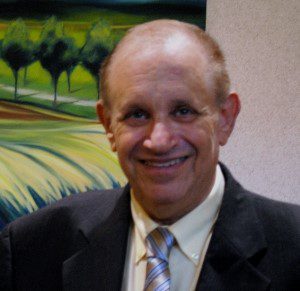There has been recent news on the divorce of Brad Pitt and Angelina Jolie. They are famous for their movie roles together and were seen as “the” power couple, but their divorce brings an extra dimension to their roles in that I now have more of an insight into how taxes work, especially from their celebrity lives.

Angelina Jolie has filed for divorce from Brad Pitt for irreconcilable differences, which basically means neither was at fault for ending their marriage.
Now, let’s get into tax!
You need to carefully use the correct filing status when filing for your income tax return. In Jolie’s and Pitt’s case, even though they were legally married for two years, they are considered unmarried under IRC §7703 which provides:
“. . .the taxpayer is unmarried or considered unmarried for the entire year. . . if by the last day of their tax year: (1) they are legally separated under a divorce or separate maintenance decree. . .[or] (2) they are divorced.”
Filing as unmarried taxpayers may be more tax advantageous to the couple than filing separately as a married couple.
Yay for Jolie, she gets to keep her engagement ring which was worth $250,000. Why? Because under most state laws the ring belongs to the bride if there was a successful wedding, which Jolie and Pitt did have. She also takes the original cost basis of her rind under IRC §1041, so if she sells her ring the first $250,000 is tax free, with any excess taxed at a favorable Long Term Capital Gain tax rate under IRC §1(h).
Jolie does not ask for alimony (i.e., spousal support) from Pitt; alimony is taxable as ordinary income under IRC §71. And while the former couple also have a prenuptial agreement dividing their marital property, such property divisions are generally tax free if they meet the requirements of IRC §1041 or §2516.
And finally, Jolie has asked for full custody of their six children and will probably also ask for child support. Generally, child custody will allow her to claim her children as dependents under IRC §152 (a), and child support payments received are not taxable to Jolie under IRC §71. Moreover, having custody of their children generally makes Jolie eligible for a filing status of Head of Household under IRC §2(b).
In the end, it doesn’t matter who you are, divorce triggers important tax and legal issues that should be addressed timely. It is good to have a tax attorney to help guide and give you advice when going through a divorce. Remember that the tax code does grant tax benefits that can reduce some stress through the divorce process.
By Phatryna Suon, Alfred University, B.S. Accounting 2017











